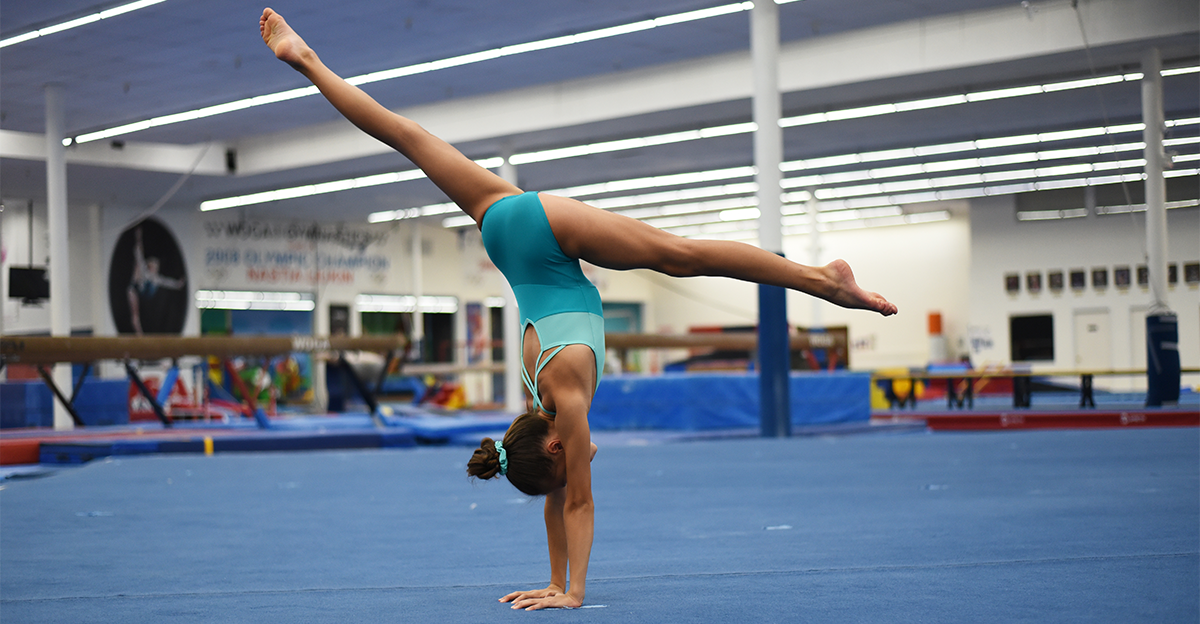Many athletes with injuries seem to have overlapping nutritional concerns. In particular, gymnasts, dancers, soccer players, cross country runners and track & field athletes are being treated for stress fractures. For some, it’s a second or third stress fracture...



